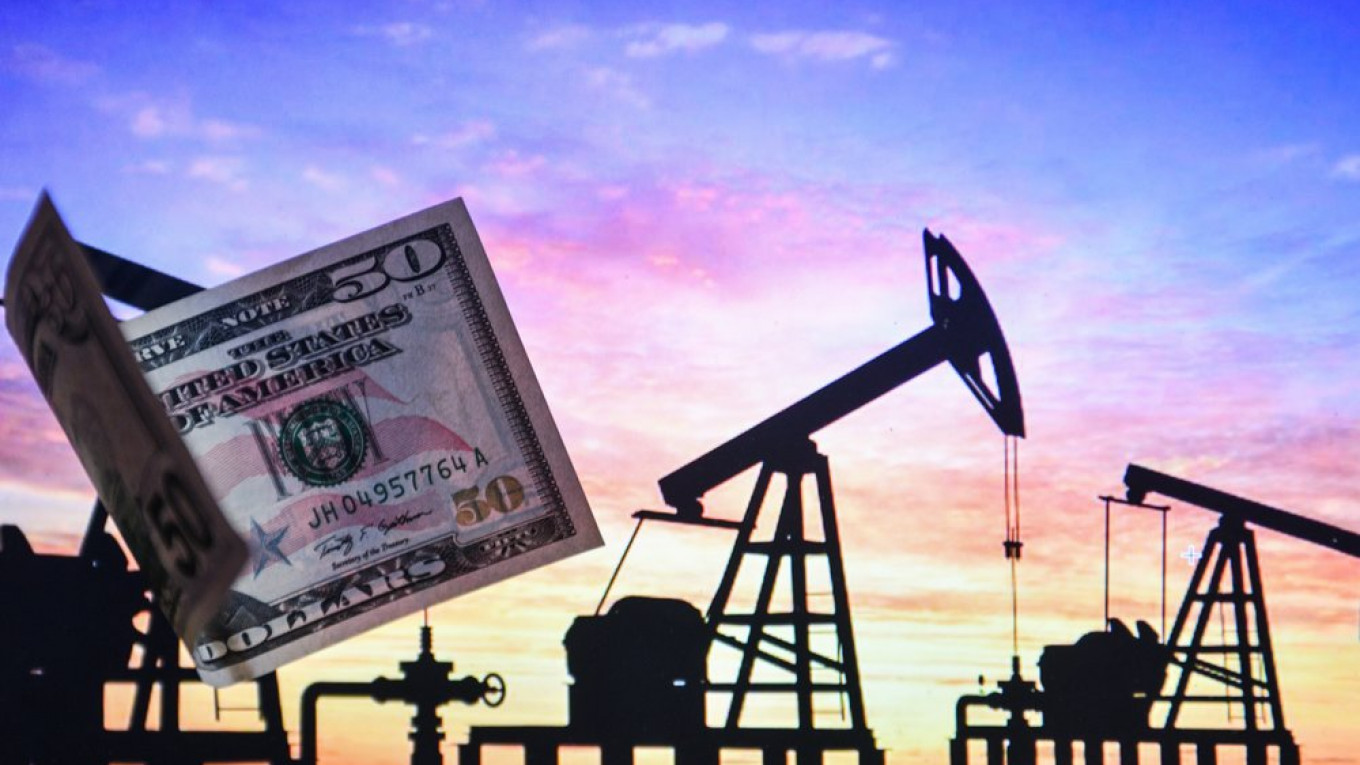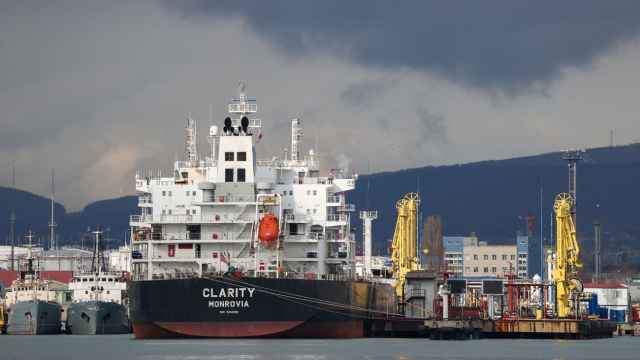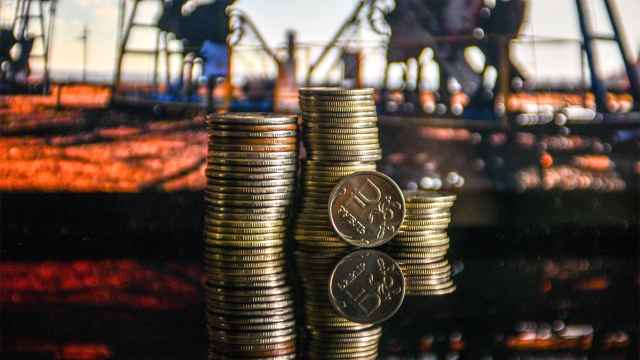Sanctions have had a less severe impact on Russia’s GDP growth than low oil prices, the International Monetary Fund (IMF) said in its latest report on the country.
Between 2014 and 2018, sanctions slowed the growth of the Russian economy by an average of 0.2 percentage points per year, or one trillion rubles ($15 billion) in monetary terms. Yet the fall in global oil prices weakened the country’s GDP growth rate by an average of 0.65 percentage points ($48.75 billion) per year over the same period, according to the IMF’s annual Country Report.
Russia’s economic growth was further weakened by the country’s tight fiscal policy and restrictive monetary policy, accounting for 0.1 and 0.2 percentage points of lost growth, respectively.
The combined impact of sanctions, low oil prices, and Russia’s fiscal and monetary policies is almost 1.2 percentage points in lost economic growth per year, the RBC news website reported. Over the five years between 2014 and 2018 Russian GDP grew by just 2.5%, down from a theoretical 3.5% had sanctions not been introduced and 5.9% had all of those factors not existed.
“In our opinion, the effect of sanctions is higher: I would estimate the average impact at 0.3-0.4 percentage points per year, that’s around 1.5 percentage points over the five year period,” the director of the Economic Expert Group Evsey Gurvich told RBC.
Sanctions originally had the biggest impact on Russia’s GDP growth, accounting for around 0.5 percentage points in lost growth, but the economy has since adapted and is starting to return to potential annual growth of around 1.5%, Natalia Akindinova, director of the Higher School of Economics Center of Development Institute told RBC.
A Message from The Moscow Times:
Dear readers,
We are facing unprecedented challenges. Russia's Prosecutor General's Office has designated The Moscow Times as an "undesirable" organization, criminalizing our work and putting our staff at risk of prosecution. This follows our earlier unjust labeling as a "foreign agent."
These actions are direct attempts to silence independent journalism in Russia. The authorities claim our work "discredits the decisions of the Russian leadership." We see things differently: we strive to provide accurate, unbiased reporting on Russia.
We, the journalists of The Moscow Times, refuse to be silenced. But to continue our work, we need your help.
Your support, no matter how small, makes a world of difference. If you can, please support us monthly starting from just $2. It's quick to set up, and every contribution makes a significant impact.
By supporting The Moscow Times, you're defending open, independent journalism in the face of repression. Thank you for standing with us.
Remind me later.






